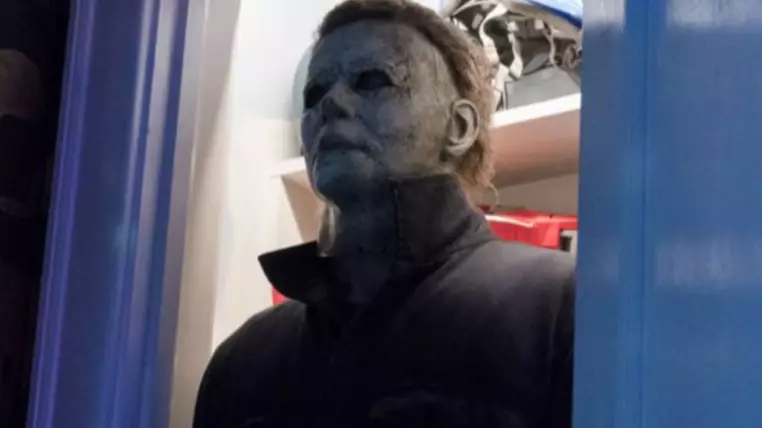
Halloween is just around the corner and for lots of us, that means opening a bag of popcorn for a cosy night of terror.
It's clear that we love horror films. To put it bluntly, Michael Myers made a killing at the box office this weekend - with the newest installation of Halloween raking in an estimated $77.5 million in the US. Last year, the film It - based on Stephen King's 1986 novel - brought in $123 million in its opening weekend
But why do so many people love being scared witless by murderous clowns and serial killers?
Advert
We put that question to Margee Kerr, a sociologist and author of Scream: Chilling Adventures in the Science of Fear. Asking her to explain what it is that draws us to horror, she explained that it's partly to do with the confidence boost we get when we sit through (and mentally survive!) a scary film.
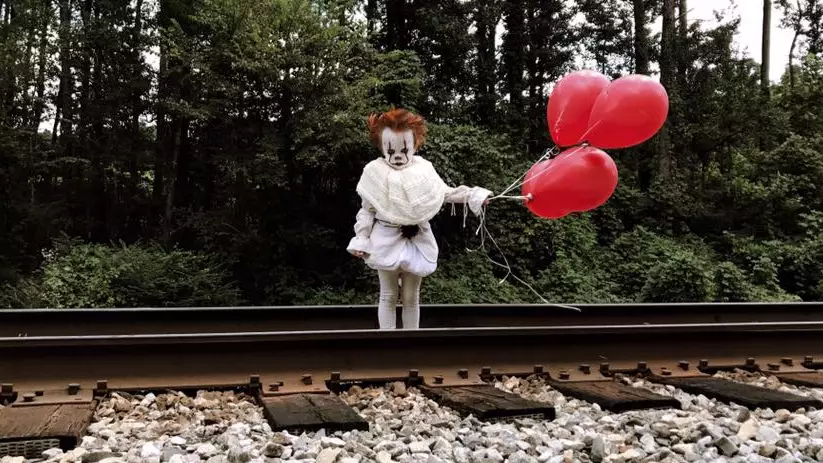
"When people make it through a safe yet scary activity it can lead to feeling confidence, like we have challenged our fears and overcome," Kerr tells Pretty52.
"Even though the threat is not real, the feeling of pushing yourself in the context of uncertainty and making it through is a reward in itself."
Advert
To explore this idea, Kerr and her colleagues carried out a study in a haunted attraction in Pittsburgh, Pennsylvania.
More than 260 guests were asked to fill in a survey about their expectations and how they were feeling before and after they headed into the haunted house. Their brainwave activity was also tracked
Detailing the study in the Conversation, Kerr wrote that the guests experienced higher mood straight after the scary activity - and the more scary their experience, the better they felt. Some also said they felt they had challenged personal fears and learned about themselves.
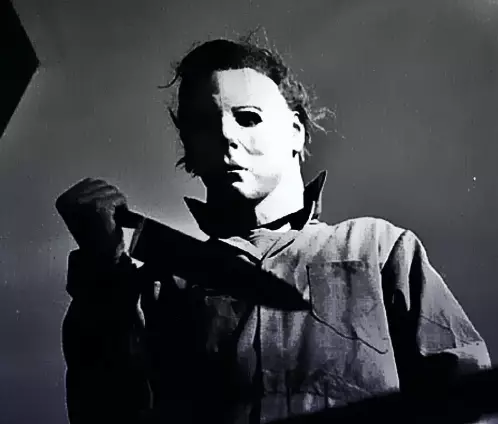
Advert
The results showed "widespread decreases in brain reactivity" among those whose mood improved. "In other words, highly intense and scary activities - at least in a controlled environment like this haunted attraction - may "shut down" the brain to an extent, and that in turn is associated with feeling better," Kerr wrote.
A similar thing happens when we practice mindfulness, she added.
There are a number of other reasons why we like thrilling and scary things, including our reactions to stress.
"Starting with the physiological, thrilling and scary activities activate our fight or flight response (or acute threat response)," Kerr tells Pretty52.
Advert
"Our arousal system is activated and triggers a cascade of neurotransmitters and hormones like endorphins, dopamine, serotonin, and adrenaline that influence our brains and our bodies. But it's up to us to interpret this response as enjoyable and not actually threatening-the context is key."
We can also get a mood boost from watching a scary film because of the "social component of fear enjoyment" too.
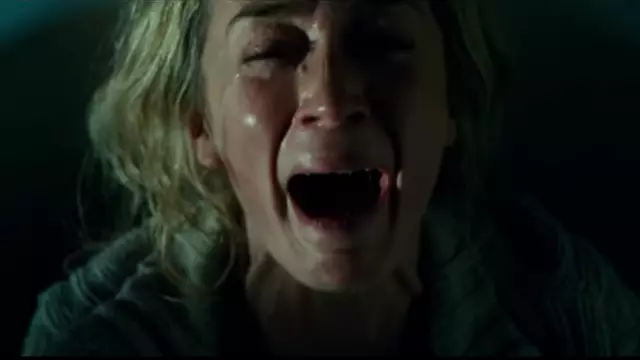
"We often watch movies with friends and family. We're taking on these challenges together and in doing so creating stronger bonds, stronger memories and feelings of closeness," Kerr explains.
It's also about engaging in something that is scary but ultimately safe. We might be scared witless when watching last year's horror hit It - but Pennywise the Dancing Clown is pretty unlikely to burst out of the wardrobe in the night (we hope).
Advert
"For many people engaging with scary but safe material offers an opportunity to 'get out of their head' for a while. Our thoughts can just take a break and we can enjoy being fully in our bodies," Kerr says.
"You're in the moment, and even better afterwards you feel like you really did overcome a challenge or fear so you feel more confident about the real, not scary fun threats that await you in the future."
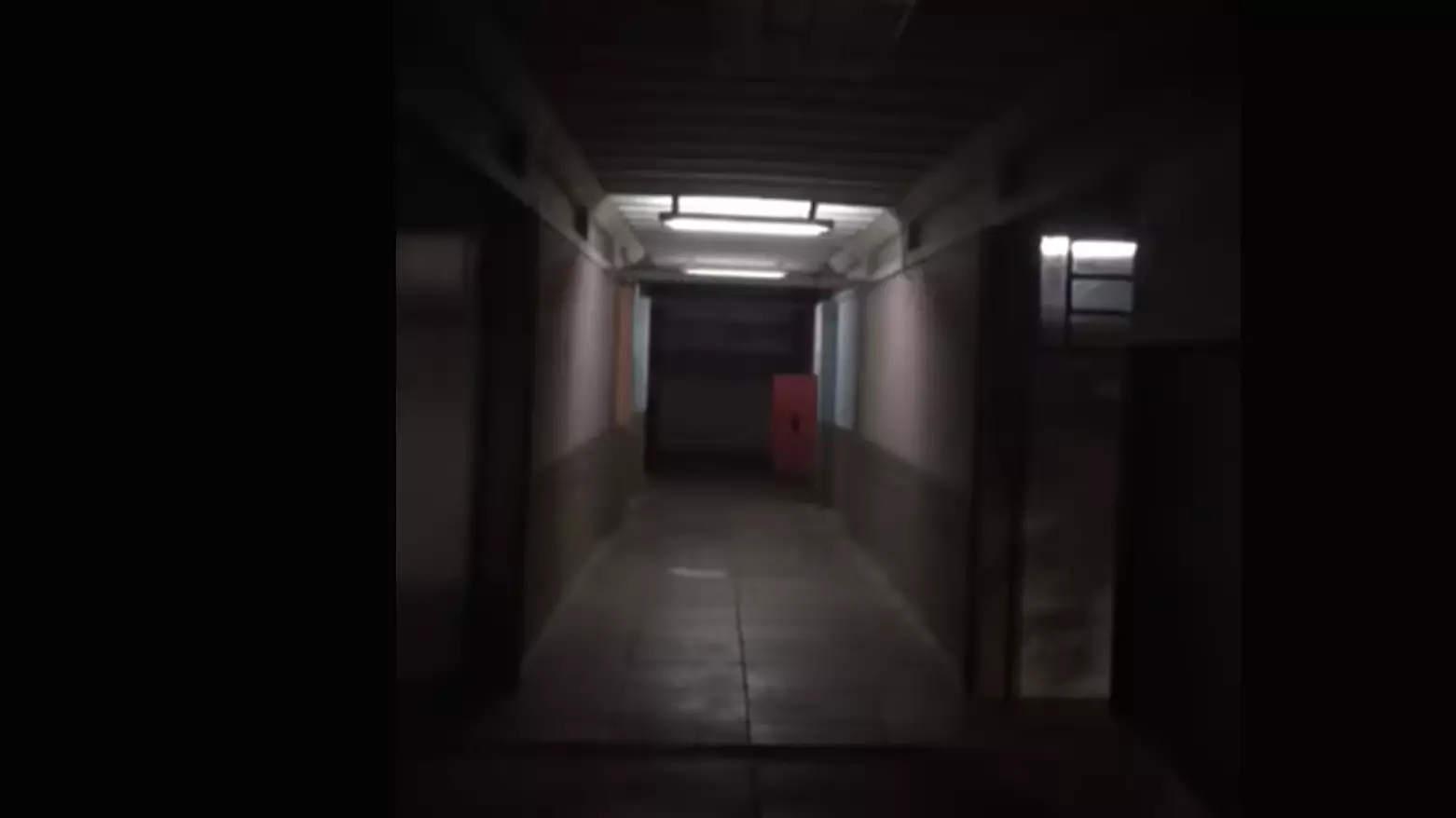
Of course, not everyone loves a horror film. It can depend on your personality, character and past experiences.
"Research has shown that some people are more thrill seeking than others, and connected that to different genetic expressions, but it's likely the interaction of genes and environment with personal history that sets someone on the path of being a horror fan," Kerr explains.
"There's also different elements that some people may like or dislike, for example someone may not like the content in some horror movies like blood or violence, but they do like the startles and characters in a haunted house, so the content, the delivery, and how a person feels in their body can influence what they like."
Featured Image Credit:Topics: TV News, TV Entertainment